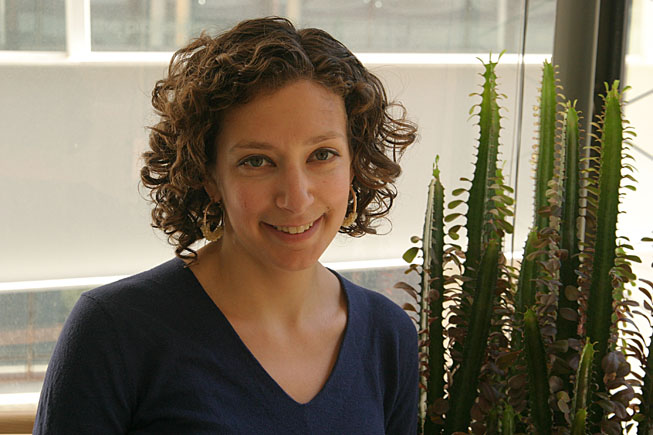Lauren Weiss is professor of psychiatry at the University of California, San Francisco.

Lauren Weiss
Associate professor
University of California, San Francisco
From this contributor
Complex gene interactions in autism offer avenues for treatment
Teasing out how genes interact can offer clues to autism’s causes and point to treatment targets.

Complex gene interactions in autism offer avenues for treatment
Fair representation for the fairer sex in autism research
Including more females in autism research studies will aid the search for genetic and environmental susceptibility factors for the disorder, says genetic psychiatrist Lauren Weiss.

Fair representation for the fairer sex in autism research
Explore more from The Transmitter
Two neurobiologists win 2026 Brain Prize for discovering mechanics of touch
Research by Patrik Ernfors and David Ginty has delineated the diverse cell types of the somatosensory system and revealed how they detect and discriminate among different types of tactile information.

Two neurobiologists win 2026 Brain Prize for discovering mechanics of touch
Research by Patrik Ernfors and David Ginty has delineated the diverse cell types of the somatosensory system and revealed how they detect and discriminate among different types of tactile information.
Shifting neural code powers speech comprehension
Dynamic coding helps explain how the brain processes multiple features of speech—from the smallest units of sounds to full sentences—simultaneously.

Shifting neural code powers speech comprehension
Dynamic coding helps explain how the brain processes multiple features of speech—from the smallest units of sounds to full sentences—simultaneously.
Astrocytes orchestrate oxytocin’s social effects in mice
The cells amplify oxytocin—and may be responsible for sex differences in social behavior, two preprints find.

Astrocytes orchestrate oxytocin’s social effects in mice
The cells amplify oxytocin—and may be responsible for sex differences in social behavior, two preprints find.